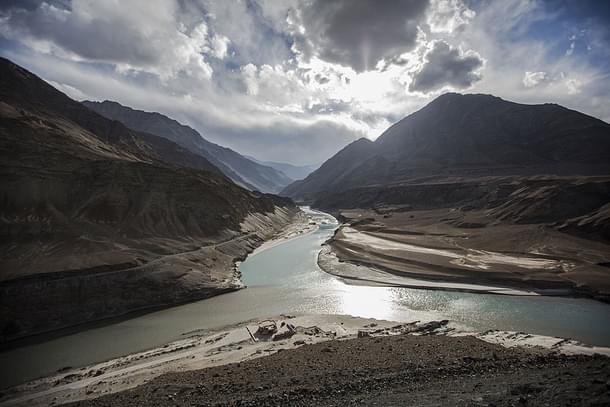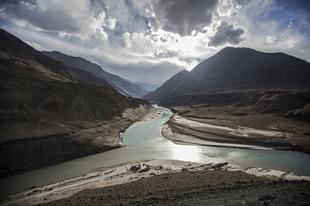Insta
Pakistan Says It Won’t Accept Modifications In Indus Waters Treaty With India
Swarajya Staff
Dec 17, 2016, 01:06 PM | Updated 01:05 PM IST
Save & read from anywhere!
Bookmark stories for easy access on any device or the Swarajya app.


Pakistan has said that it will not accept any “alterations” in the Indus Waters Treaty (ITW) signed by the two countries in 1960. In the recent past, India has expressed its willingness to revisit the treaty given Pakistan’s continued support for terrorism and interference in Kashmir. “Water and blood can’t flow together,” India has said at multiple occasions.
The current dispute revolves around the Kishenganga (330 megawatts) and Ratle (850 megawatts) hydroelectric plants that India intends to build on what the IWT has classified as “western rivers”.
Pakistan has, time and again, said that the construction of these dams on the rives under its control will affect the flow of water into its territory, while India has maintained that the dams it is building are permissible under the IWT and will feed on water that falls under its share.
The treaty gives India control over the three eastern rivers of the Indus basin - the Beas, Ravi and Sutlej - while Pakistan has the three western rivers - the Indus, Chenab and Jhelum. However, since the western rivers flows from India, the country is allowed to use 20 per cent of the water for irrigation, power generation and transport purposes. Therefore, Pakistan’s objection is not in line with the terms of the IWT.




